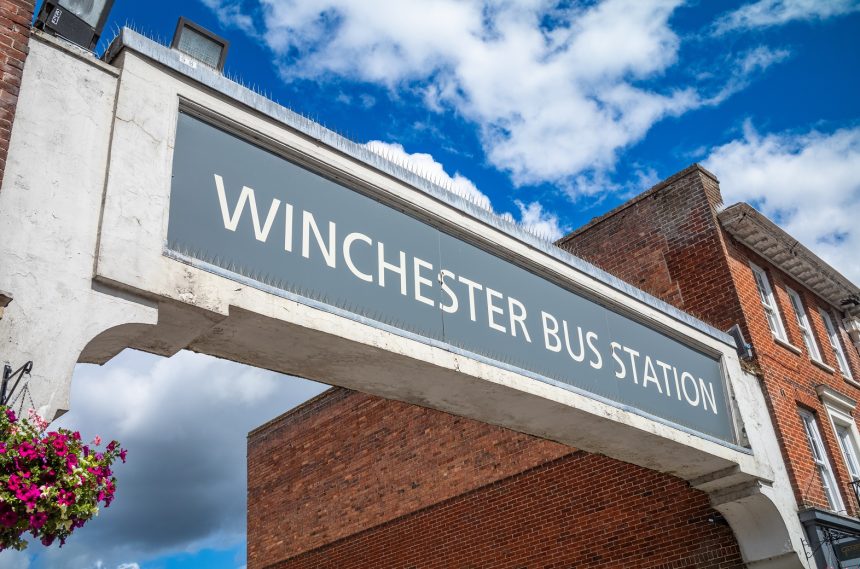Hampshire County Council (HCC) is a further local authority in England to plan swingeing cuts to its support of bus services because of a mounting financial crisis.
HCC has a budget shortfall of £132 million that must be met by April 2025. Its Future Services Consultation proposes the withdrawal of all remaining funding for passenger transport that it is not required by law to provide.
The consultation runs to 31 March. If adopted, the plans would see all subsidised bus service funding removed, along with that for community transport services, dial-a-ride, and taxi shares.
HCC says that it currently spends around £800,000 from its own budget each year to support 58 bus services that are not commercially viable. That funding is slated to be withdrawn in its entirety. £1.1 million from central government allows HCC to “further subsidise the bus network,” although it is not stated what the latter money is spent on.
An additional 35 services are contracted by HCC thanks to money from the school transport budget, other local authorities, and housing developers. Combined, the 93 services carry around 9% of bus passengers in Hampshire.
Per-passenger costs to HCC extend from 31p on two services to a high of £14.89, according to consultation papers. In contrast, one taxi share service accounts for over £231 of cost to HCC per user.
Also proposed to end is £75,000 of annual additional funding for the English National Concessionary Scheme (ENCTS). Currently HCC provides greater scope for free travel than the legal minimum required of ENCTS. That would go under the plans and availability would fall back to the statutory minimum.
When the projected savings from bus services and ENCTS listed in the consultation are combined with those expected to come from dial-a-ride, taxi share and community transport, HCC says its spending on passenger transport will reduce by £1.7 million per year.
The local authority adds that it has “no choice” in considering the reduction in subsidy because it faces “intense financial pressures” that are prevalent across local government. Similar words were heard recently from Nottingham City Council, which has proposed significant cuts to bus service and infrastructure funding.
Should the Hampshire cuts proceed, funding for supported bus services would be removed by April 2025. ENCTS additional money would also go by that time, unless changes to the scheme are made by the government and an increased legal obligation on local authorities is introduced.
HCC acknowledges that if the bus service subsidy is cut, it is likely that a number of routes in question will be brought to an end by operators as unviable. Such changes are “more likely to impact older and disabled people,” and they “may also disproportionately impact those on lower incomes,” the council observes.
Cuts to subsidised local bus services could have an impact on the requirement for statutory home-to-school provision, HCC continues. 15% of passenger journeys on subsidised local routes in Hampshire are for educational purposes, although not all of those fall under HCC’s obligation to provide school transport for eligible children.



























